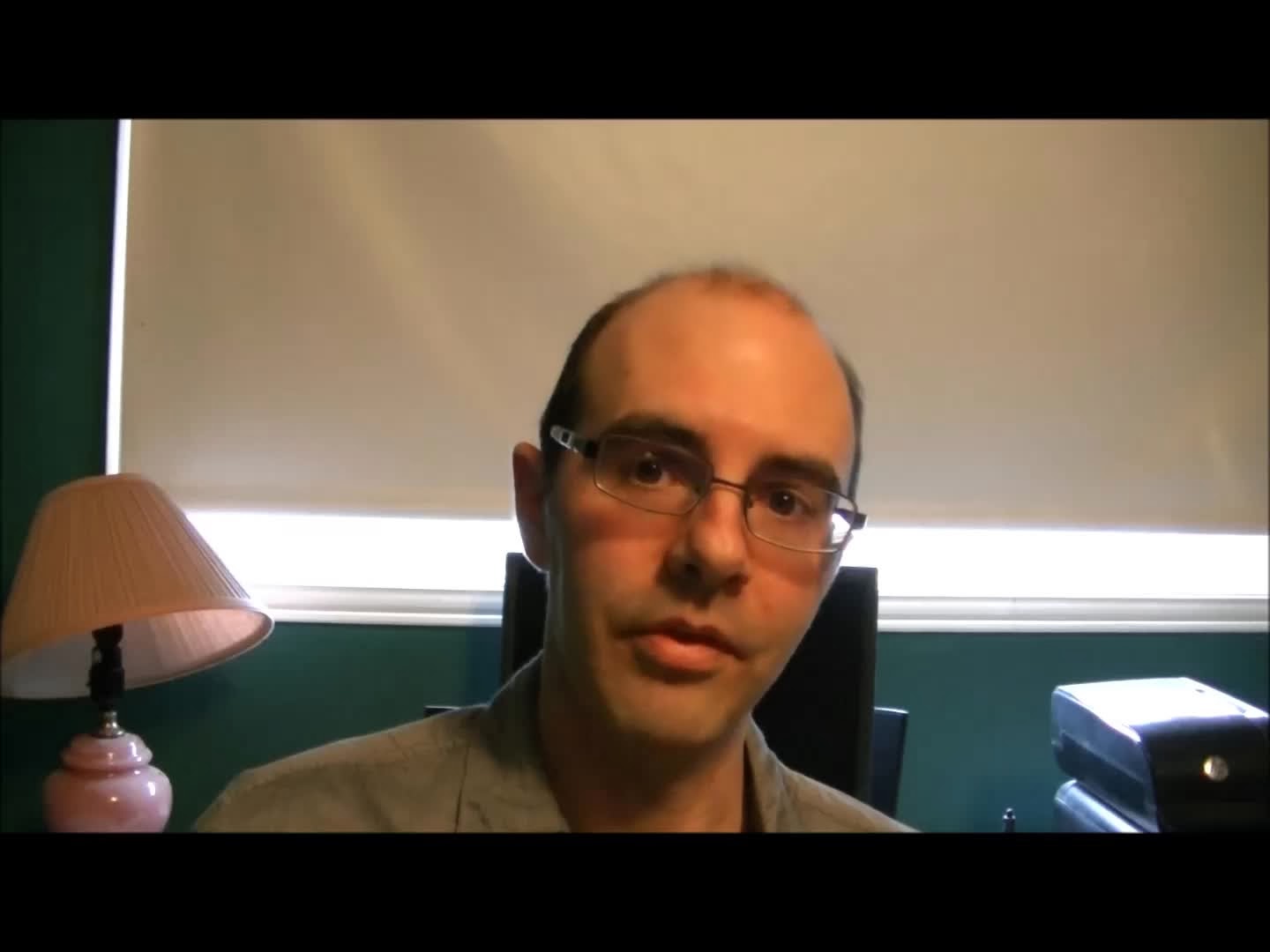Below the video you'll find some notes I used to prepare for the video.
Enjoy!
Q: Does atheism avoid the trap of anthropocentrism? A: Not necessarily, since secular humanists make human nature central, replacing God with people as the measure of all things; values become subjective, we become the center of our artificial worlds which technoscience produces, and humanists regard this as progressive; so while we’re no longer crucial to all of nature or to the First Cause, we’re still ultimately important for the humanist in so far as we merit human rights and establish all normative values; we become metaphysically dependent on impersonal forces and systems, given the humanist’s naturalism, but we nevertheless become central to our worldviews, if not to the world itself, given the humanist’s optimism; human interests and values predominate in liberal humanistic atheism, by definition of “humanism”; e.g. in the humanities we study ourselves (history, anthropology, psychology, etc) to fulfill the ancient obligation to know ourselves and thus to be wise
Q: What, then, is the opposite of anthropocentrism? A: cynicism, misanthropy or radical skepticism which doubts not just various statements of fact, but which holds our interests and values in contempt; pessimism and abhorrence for our traditions and ideals and dreams
Thus, naivety due to historical inexperience, unfamiliarity with nature’s undeadness/impersonality/amorality/alienness, and narrowness of prehistoric perspective due to lack of communications technology (tribal, village perspective, verging on solipsism)
versus
Excess memories and knowledge
Freudian Metaphor of childhood vs adult tendencies (there are exceptions, but based on the above fact):
innocence and childlike mental projection out of exaltation in our creative powers without appreciating the divergence between the factual and imaginary worlds (mythopoeia; childlike perspective)
versus
Self-doubt due to accumulation of failures; learning the impersonal facts which alienates us since we unconsciously prefer to be childlike; thus, sublimation of creative, anthropocentric instincts in art, sports, games, secular myths (Hollywood; fantasy, horror science fiction, and romance novels)
This metaphor makes both ancient and modern perspectives polar opposites in an organic, Spenglerian process; thus, another possible answer to the question about what we become when we grow out of anthropocentrism is emotional neutrality, as in Buddhist detachment: seeing the organic, historical development and having no self-centered preferences; then the distinction becomes one of making personal choices versus being one with the impersonal whole of nature; i.e. extinction of personal self


